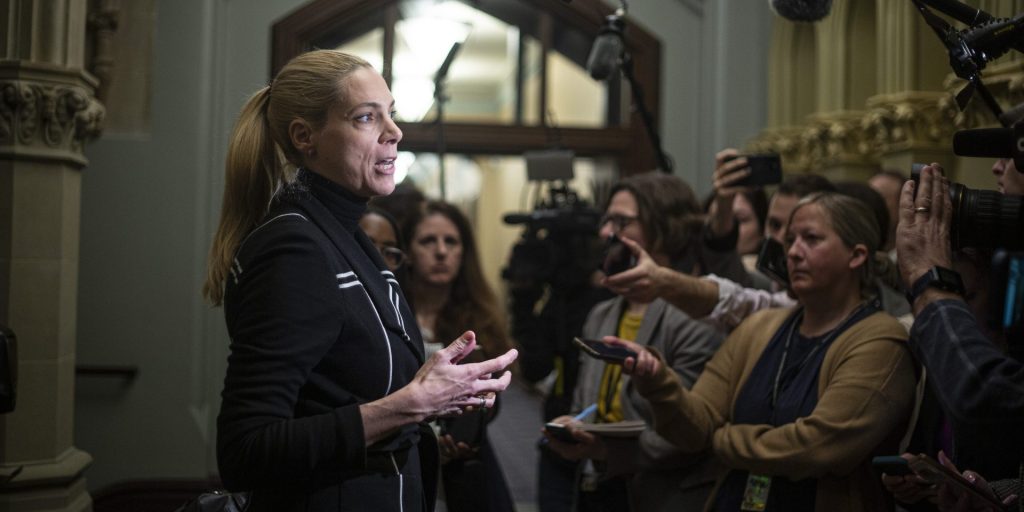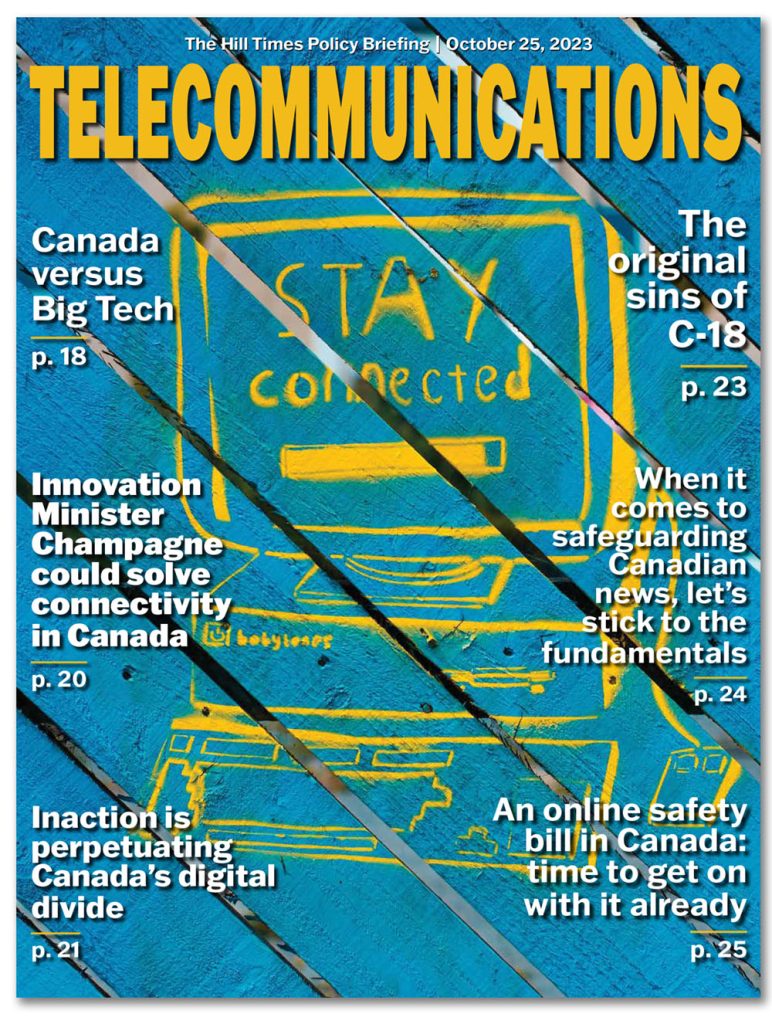Canada needs to up the ante against copper thieves

When copper wire theft occurs, telecom, cable, and internet services are disrupted, putting the safety of Canadians at risk.
Towards a new Canadian broadband future?

We will need to face the reality that the fundamental competition now is not primarily between the telecom carriers, but with other value systems.
CRTC says decision on Google’s Online News Act exemption expected this fall

The regulator misses the Canadian Journalism Collective’s Oct. 7 deadline for media fund money to be distributed before year’s end.
Are federal government measures supporting infrastructure sufficient?

While targeted efforts exist, federal investments are often short term and insufficient.
Google signs deal to launch journalism fund in California, while cash from its Canadian media fund has yet to flow

Google awaits the CRTC go-ahead for $100-million-a-year Canadian media fund as news outlets call for urgent access to cash.
‘In the new world order,’ feds must work with industry to fix IT procurement problems, say experts

New research examining IT procurement failures—the ArriveCan app, the Phoenix pay system, and Employment and Social Development Canada’s benefits modernization system—reveals three common issues: inadequate accountability, lack of internal expertise, and changes in scope.
Correcting the record on Bell’s restructuring: BCE exec

Re: “Should telecommunications be nationalized?” (The Hill Times, April 17, opinion piece, p. 3). Last week’s opinion piece in The Hill Times authored by Mark Hancock, national president of the Canadian Union of Public Employees, contained inaccuracies concerning the recent restructuring at Bell, which need to be corrected. To be clear, none of the recently […]
Should telecommunications be nationalized?

The federal government must not accept that the telecommunications companies under its jurisdiction and regulated at its initiative are exporting our jobs and damaging our economy.
CRTC must act to save broadband competition

We cannot let rules designed to create competition do the opposite. If the rules don’t change, we will see less investment in rural connectivity, less competition against the Big Three, followed by damaging impacts on service and cost.
Telecommunications


